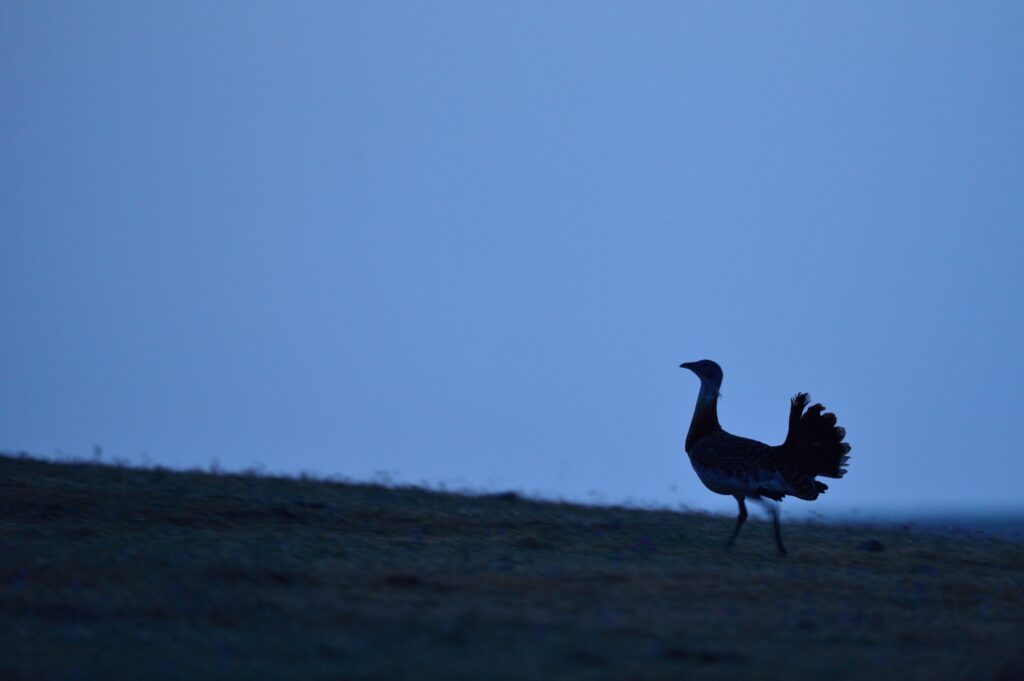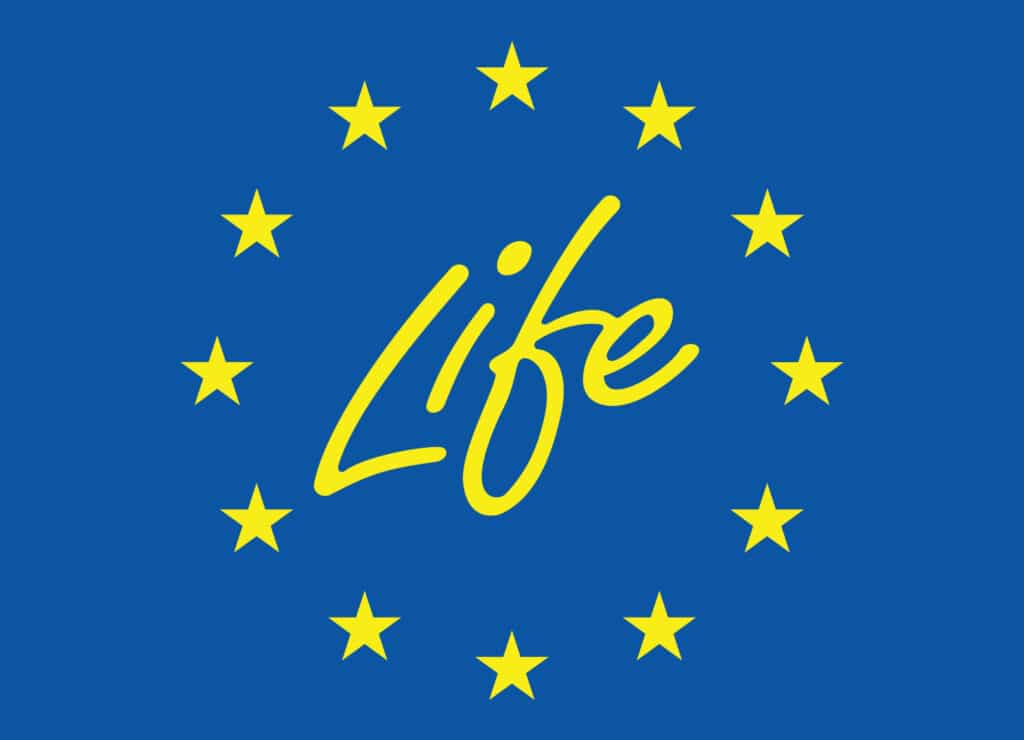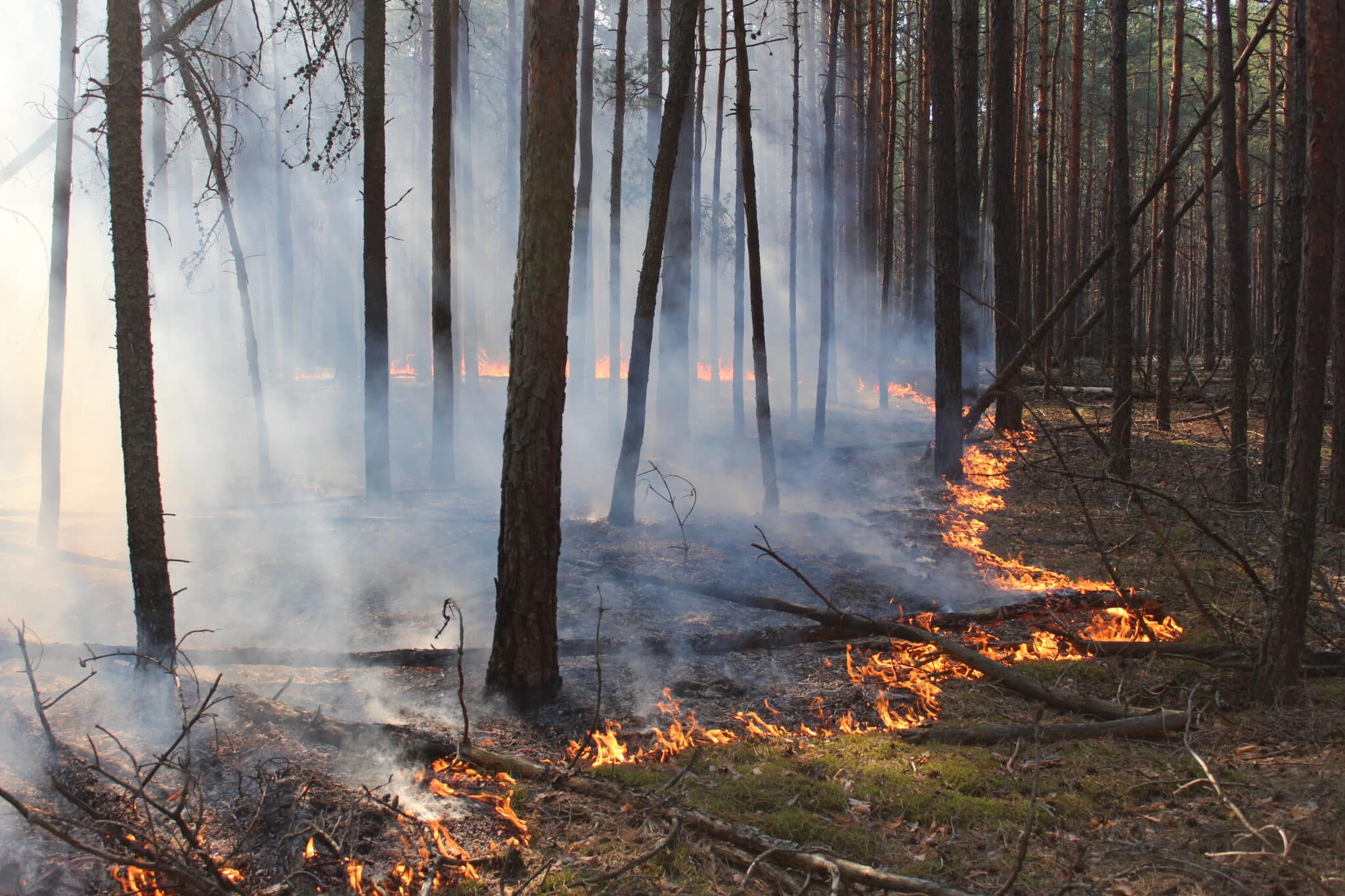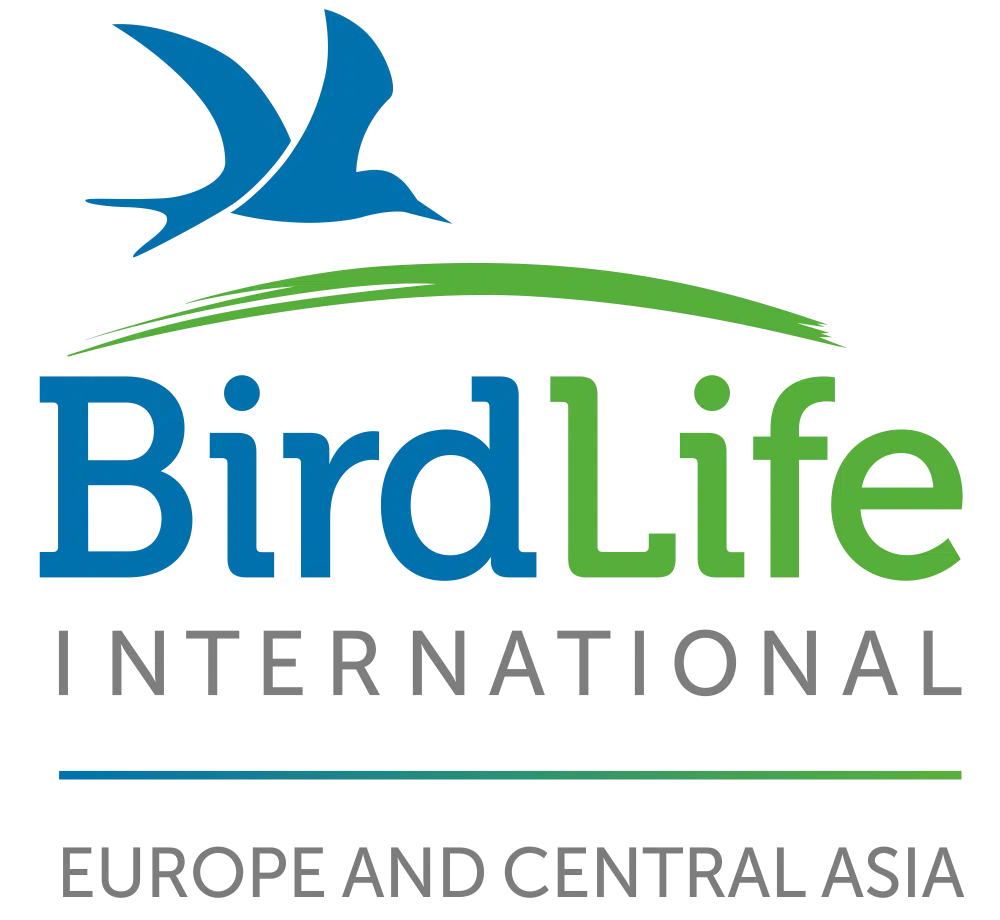365 days of war in Ukraine

A year ago today, Russia invaded Ukraine triggering a violent conflict which shows no sign of ending. It has shattered any illusion that war in Europe was confined to history.
The impact of Russian aggression has been devastating. Tens of thousands of people have died, a staggering 8 million Ukrainians have been forced to flee to neighbouring countries in search of refuge, and while it is impossible to assess the severity of environmental damage, it is certain that the direct and indirect impact of the war will take a generation to clean up.
Yet, amidst the turmoil and appalling suffering, there have been the most incredible stories of resilience, of solidarity and of hope.
Through the year, the BirdLife family has done what it can to help those from the Ukrainian conservation community affected by the horrors of war: providing safe transit to neighbouring countries, accommodation, and now employment. We told their stories through a film we produced last summer and this support continues today. Similar solidarity has been extended to the staff of our Belarussian Partner, disbanded as part of a wider crackdown against civil society. OTOP, our Partner in Poland have been also deeply engaged in the wider refugee relief effort.
We have also done what we can to support the staff of our Ukrainian Partner (Ukrainian Society for the Protection of Birds) that stayed in Ukraine, so they are in a position to continue their mission once the fighting ends. Prior to the invasion, we had been working with USPB to develop a major steppe restoration project on the coast of the Black Sea to benefit species such as Demoiselle Cranes, Great Bustards and Saiga Antelope. It would have continued USPB’s excellent track record of habitat restoration. Now, of course, it is a war zone. Yet, we continue to hope and believe that one day, after the Russian soldiers have left and after the region has been made safe, we can return to continue the work we started.
It is certainly the hope of the USPB’s Director, Oleg Dudkin, who has remained resolute throughout. The resilience, determination, and stoicism he has shown have been matched by many that we have supported over the past year including the staff of our Polish Partner, OTOP, who have welcomed and looked after Ukrainian conservation refugees.
But even while the tragedy was unfolding, war profiteers have been quick to cash in. Shamefully, the European intensive farming lobby has punched in within days of the invasion, trying to roll back EU efforts to address the biodiversity and climate crisis. Mobilising politicians whose disrespect for science is second only to their cynicism, they have been spinning a story that says that we must ramp up food production at any cost to make up for the loss of Ukrainian harvests. In the name of “food security” they have obtained permission to destroy biodiversity habitats on farms, have delayed vital legislation to restore nature and curb pesticides abuse, and have been calling for halting the entire Farm to Fork strategy – the strategy that actually aims to ensure our food security in the longer term. Grotesquely, massive subsidies have been showered on the livestock sector which directly competes for cereals with food-insecure populations of the Middle East and North Africa. And to add insult to injury, many of the same lobbyists have recently been putting pressure on the EU to curb imports of Ukrainian grain which has actually been driving down grain prices in the EU. The Schrödinger Granary is both too full and too empty.
Similar manipulation has been exercised by the forestry industry which has been relentlessly pushing for more subsidies for the burning of wood (in the name of replacing Russian gas) and less forest protection to allow more logging. Evidence has meanwhile emerged that vast quantities of Russian wood are being laundered through third countries into the EU pellets market. As with food, the war is just being used by those who make vast profits from precipitating humanity into a potentially irreversible crisis.
Throughout this dark year, BirdLife has kept speaking up for truth and facts. We have pointed out the scientific evidence and the logical fallacies. We have been championing actual solutions, from dietary shifts and halting the use of biofuels, to home insulation and heat pumps. And we have been reminding policymakers that without healthy ecosystems, we are all doomed. Nature does not care about our politics, ethnic divisions, ideologies, and regimes. As the planet gets more hostile to human life, no amount of money-making or elections winning will spare anyone.
As long as there is hope to save our natural treasures, and thus help save ourselves; as long as there are spaces of political freedom where we can operate; and as long as there are millions of citizens who believe in what we do, we will keep up. Looking after the planet and looking after those who look after it. But we need all the help we can get.
Throughout the year, the hope of all our BirdLife colleagues has been for the Russian army to leave, for Ukrainians to be reunited with their families, and for conservationists to be able to get back to doing what they do best: nature conservation. Yet, as we are now seeing with the terrible impact of the earthquake in Syria and Turkey, it takes special people to remain so focused on their mission when everything around them is falling apart.
It has been a privilege to work so closely with BirdLife colleagues affected by the invasion. The power of our Partnership is such that even when tragedy strikes we know that our community will stand together to help one another in whatever it takes.
We stand together, for nature, forever.
Image credits: Great Bustard (Otis tarda) by Yves Adams
You might also be interested in:
 | Stichting BirdLife Europe gratefully acknowledges financial support from the European Commission. All content and opinions expressed on these pages are solely those of Stichting BirdLife Europe. The European Commission is not responsible for any use that may be made of the information it contains. |









